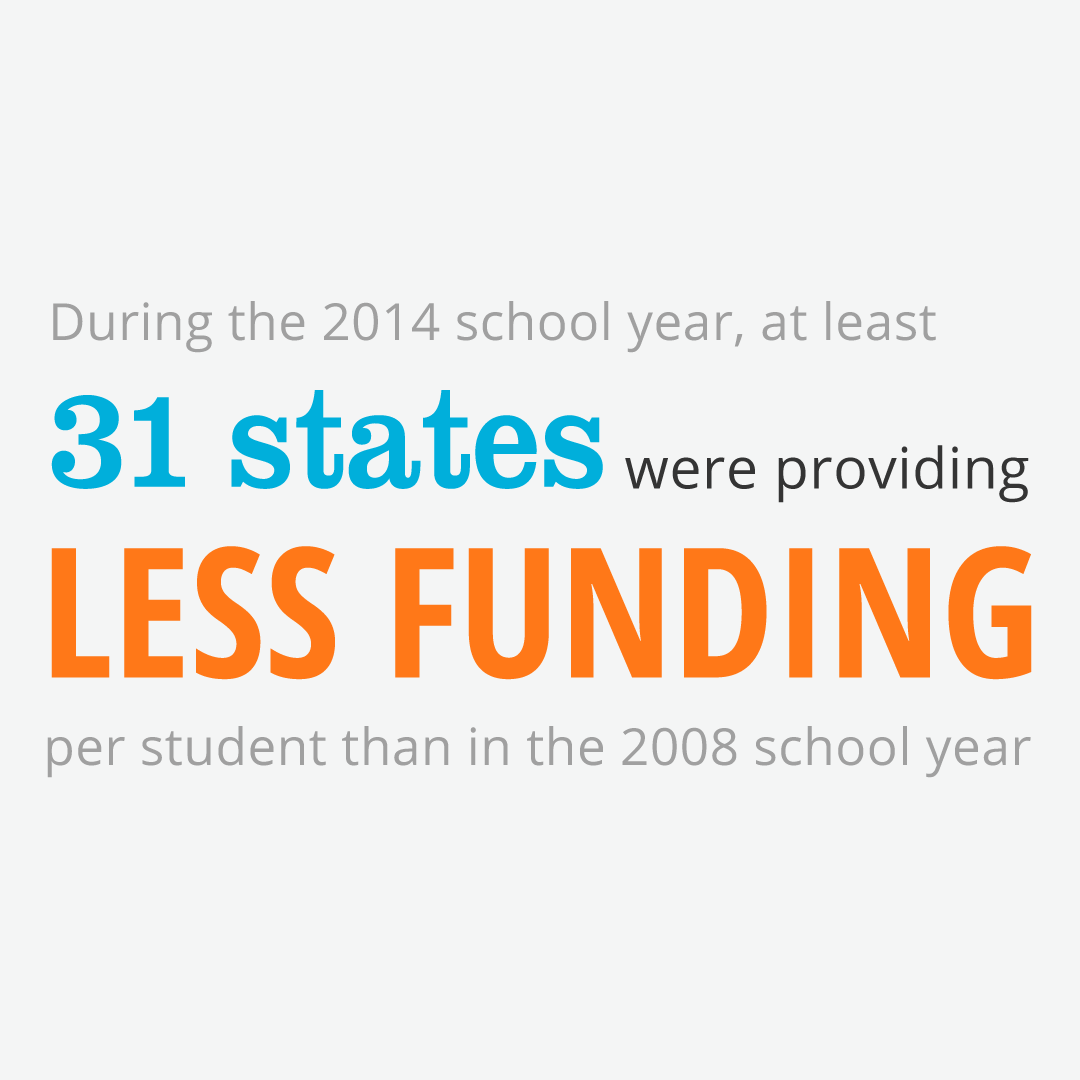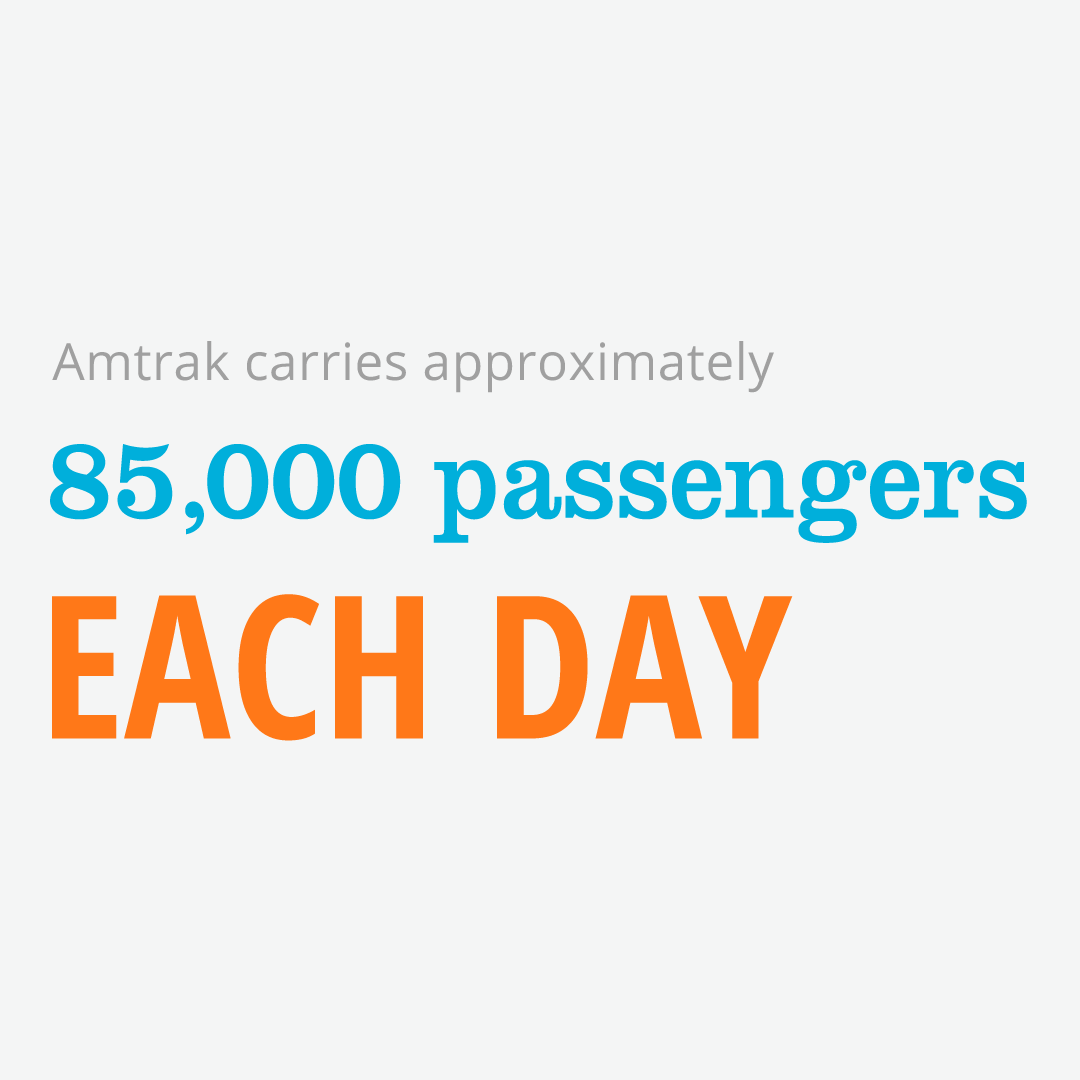With negotiations in Congress underway over a third economic stimulus bill that would address the devastating economic impacts of COVID-19 (coronavirus), lawmakers have moved to address key components of our nation’s surface transportation infrastructure, such as transit, which has been severely impacted.
Transit agencies across the nation are currently experiencing unique challenges. The Port Authority of New York and New Jersey has reported a 75% ridership decrease on the PATH commuter rail system; the Washington Metropolitan Area Transit Authority (WMATA) has experienced a 85% reduction in ridership with a projected a $52 million, if not more, in revenue loss; Dallas Area Rapid Transit (DART) has reported a $600,000 per week loss in revenue; and the Los Angeles County Metropolitan Transportation Authority (LA Metro) has experienced a 55% decrease in ridership and an estimated $35 million needed in additional labor and material costs as a result of COVID-19.
Because of these challenges, ASCE and its coalition partners requested $16 billion in transit and $1 billion in Amtrak emergency funds to offset some of extraordinary direct costs and revenue losses being experienced across the nation.
Both the Senate and the House passed the Coronavirus Aid, Relief, and Economic Security Act (CARES Act) (H.R. 748), which included the following provisions on public transit and rail infrastructure:
Public Transit
- $25 billion is included for public transit formula grants to prevent, prepare, and respond to the rapidly spreading virus.
- Of the $25 billion, $13.8 billion is provided to urban transit needs, $2 billion for rural transit needs, $7.5 billion for state of good repair, and $1.7 billion would be directed towards fast-growth and high-density states. The Federal Transit Administration (FTA) is then required to allocate these funds within seven days of the bill’s enactment.
- Grant recipients are directed to take appropriate measures to adjust operations in order to reduce the spread of COVID-19.
- These directed funds are to be used for operating cost reimbursement, lost revenue, purchasing personal protective equipment, and applicable preventive maintenance such as vehicle cleaning.
Amtrak
- $1 billion is provided for Amtrak grants with $492 million being directed towards the Northeast Corridor and $526 million being directed to the National Network.
- States are not required to pay Amtrak more than 80% of their supported route payments and $239 million is set aside and made available to Amtrak in lieu of these payments.
ASCE’s Actions
ASCE is continuing to support efforts by several Members of Congress and our coalition partners to include additional investment in our nation’s infrastructure including a reauthorization of our nation’s surface transportation programs. Prior to the inclusion of transit in the most recent bill proposal, ASCE issued a statement pushing for relief for Amtrak and transit agencies in any COVID-19 stimulus relief package.
Infrastructure is the backbone of our nation’s economy. The cost of deteriorating infrastructure has already taken a toll on families’ disposable income and impacts the quality and quantity of jobs in the U.S. economy. Each household is already losing $3,400 each year in disposable income due to poor and outdated infrastructure. With our nation enduring an increasing economic burden due to the COVID-19 pandemic, investing in our infrastructure now is one way to lessen the economic burden on Americans in the long-term.
ASCE’s government relations team is continuing to stay actively engaged as Congress looks to combat the economic impacts of COVID-19 to ensure the needs of the profession are heard.























































